- Learning time
- 10 minutes
- First play time
- 120 minutes
Scrabble
Designed by: Alfred Mosher Butts
No, it’s not a modern game (invented by Alfred Mosher Butts in 1938!) and unlike many of the games on GNG, it doesn’t have the sheen of the new, post-Catan boardgame era. But for the right company Scrabble is still a great, and here’s why.
The rules are simple: make words. When you make words, you score points based on the point value of the letters used. There’s a couple of wild tiles (the blanks) as well, but the basic premise is easy to get. You draw up to seven tiles from the bag, and try and combine them in the most point-score-y way. Easy! Families can add their own house rules, like points for speed, points for elegance (not for zero-sum gamers!) or whatever.
But if you’ve never played Scrabble then it’s possible you’ve not appreciated how tactical the game it is – forget the variants, forget the 3 or 4 player-game and play it as a head to head battle. For sure, long words can be your best option: getting all seven of your tiles down triggers you a very healthy 50 point bonus, and that is not to be sniffed at. But your game management isn’t just about the letters themselves (Scrabble enthusiasts use the term rack-building to cover the process of building towards a seven-letter word) – it’s also about the board, which is populated with various bonuses that will double or triple a letter placed on a certain space, or even a word built over it. Words added to the board must combine with the letters already there, so there are no combinations that form non-words. But when adding tiles to the board, you don’t just score the word you create – you also score any new words you’ve created as well, meaning crafty play (and yes, a good vocabulary, especially of two and three-letter words) can score big points whilst leaving less opportunities to score for your opponent.
When all tiles are drawn from the bag, play continues until one player has got rid of all their tiles, at which point the official rules have you (if you’re the winner) score double the value of whatever tiles your opponent has left over.
The guru's verdict
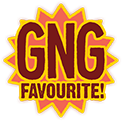
-
Take That!
Take That!
No direct conflict at all, although playing competitively means you may frustrate opponents with your defensive play.
-
Fidget Factor!
Fidget Factor!
Potentially very high. Players need to be happy to spend their inactive times scrutinising their tiles and the board.
-
Brain Burn!
Brain Burn!
A combo of the fencing on the board, and your anagramming skills. The wider your vocabulary, the more scope you see in a combo such as CGERYNE
-
Again Again!
Again Again!
The vibe is always the same, but what you get in each rack of letters has the kind of low probability that my maths doesn't extend to.

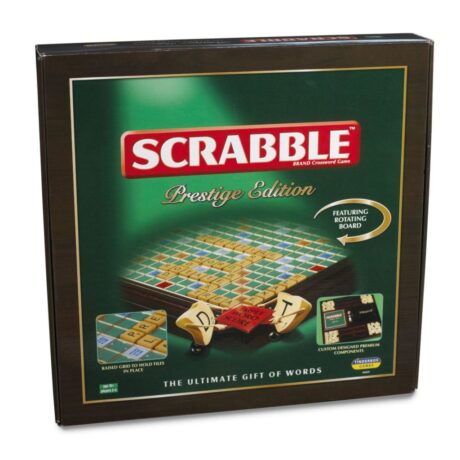
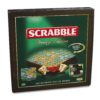
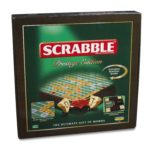


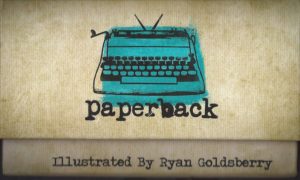
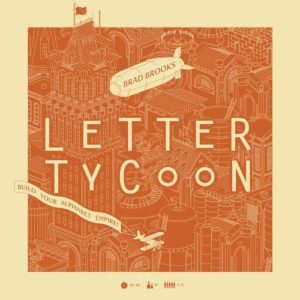
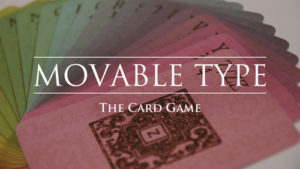
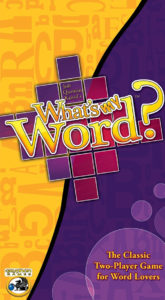
Sam says
Joe and I can be pretty unforgiving on some other 'classics' (see Monopoly and other staples of the past) where the excitement of setting the game out on the table begins to decline after a short period of play. Scrabble is almost the opposite for me - the blank board at the start doesn't get your pulse racing (at least, not aesthetically) and despite the marketing and reputation, it's ill-suited to families due to the emphasis on vocabulary and potential long waits between turns. For less of that, better choices are Letter Tycoon or Movable Type. But Scrabble as a two-player for adults (or older kids) is a kind of genius, as thousands of Scrabble clubs worldwide will testify. There's huge nuance to play, the challenge of trying to wring points out of a seemingly desperate collection of letters, the joy of spotting a 7-letter word or a great combo on the board, the knowledge that as the game plays out its finale, you can win if you can just find a way to get your last three tiles down in one fell swoop... I've played against friends for years online and this Scrabble - the battle - is a far better game than four people sat around a table waiting twenty minutes for their next turn.